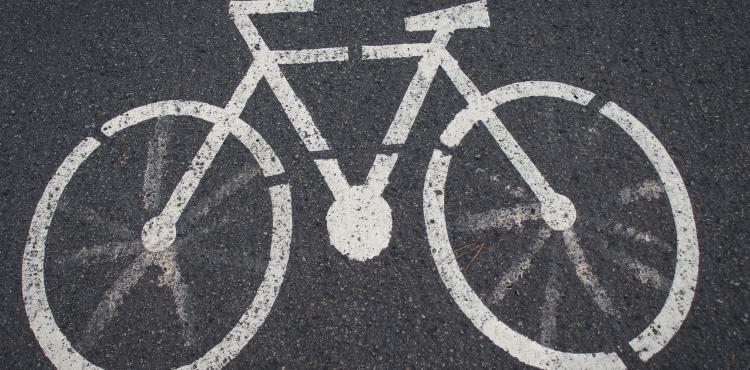
The bonus for bikes and scooters reduce CO2 and particulate emissions. According to an estimate by the Ministry of Ecological Transition, the more than 660.000 "mobility bonuses" granted last year by the Government to encourage the purchase of goods and services for sustainable mobility, has had a positive impact on the environment, resulting in a reduction in particulate emissions (PM10) of 12,605 kg per year, emissions of nitrogen dioxide (NO2) of 49,910 kg per year and of carbon dioxide (CO2) of 65,415,578 kg per year.
The data released by the Ministry certify that thanks to the bonus 483,474 bicycles were purchased (about 73% of the total, contributing to the absolute record reached in 2020 of bicycles sold in Italy, with 2 million and 100.000 pieces.
In addition, 165,573 micro mobility vehicles (mainly scooters, monowheels and hoverboards) were purchased as part of the Programme (about 25% of the total). Sales of single scooters in Italy in 2020 were close to 300,000 units.
Purchases of shared mobility services were 13,246 (about 2% of the total). This choice is inevitably penalised by the negative impact that the pandemic has had on the sharing mobility sector.
The programme provided incentives of 60% of the expenditure incurred and up to a maximum of 500 euros for the purchase of bicycles, including pedal assisted, vehicles for micro-mobility with electric propulsion and shared mobility services.
As for the method of use of vouchers, over 60% was used for reimbursement following purchases already made (406,639 out of 662,293,) while about 39% (255,654) was used for purchases.
The vast majority (63%) of purchases were made by men. About 1 in 2 purchases (43.3%) were made by people between 36 and 50 years of age. The beneficiaries are from 51 to 65 years (23.1%) and from 26 to 35 years (20.2%). Young people from 18 to 25 (7%) and older people over 65 (6.3%) close. Such data would seem to show that purchases are made for systematic travel and in particular home-work, being concentrated in an important way (86.6%) in the working age group (26 to 65 years).